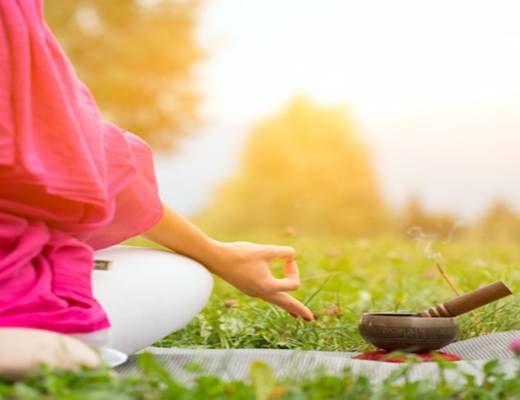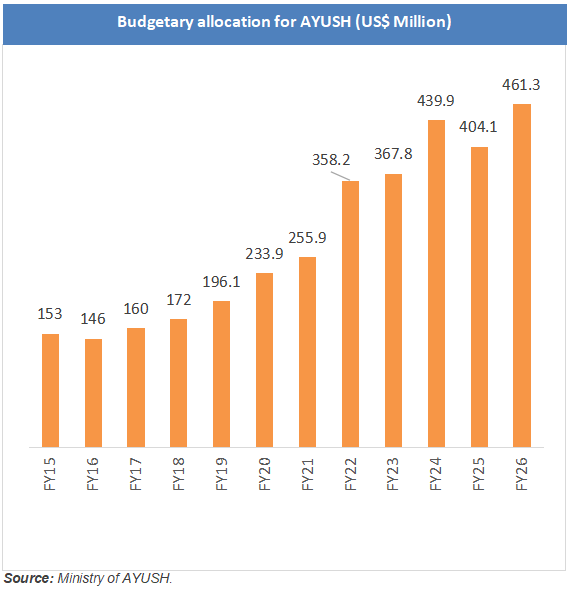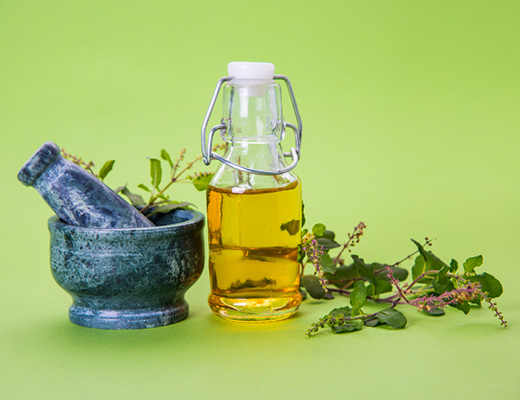The Ministry of AYUSH’s Union Budget allocation for FY26 has seen a significant increase to Rs. 3,992.9 crore (US$ 461.3 million), marking a 14.2% rise from the previous year's revised estimate of Rs. 3,497.6 crore (US$ 404.1 million).
In the Union Budget 2025-2026, the National Medicinal Plants Board (NMPB) received an allocation of Rs. 18.59 crore (US$ 2.2 million), while the Pharmacopoeia Commission for Indian Medicine and Homoeopathy (PCIM&H) was allocated Rs. 21.96 crore (US$ 2.6 million).
Exports of AYUSH and herbal products from India during the FY25 grew 5.86%, with the quantity growing almost 21.46% as compared to FY24.
Exports of AYUSH and herbal products rose to Rs. 5,907 crore (US$ 689.34 million) in FY25 from Rs. 5,580 crore (US$ 651.17 million) in FY24, according to data from the Ministry of Commerce and Industry.
The AYUSH industry in India is undergoing remarkable growth, fueled by escalating consumer interest in traditional medicine, bolstered governmental support, and a burgeoning export market, heralding its significance in shaping India's healthcare and wellness domain. The AYUSH industry has witnessed remarkable growth, with manufacturing reaching US$ 18 billion in 2020 and reached US$ 24 billion by 2024. Combined with the AYUSH service sector's valuation of US$ 26 billion in 2024, the industry's overall worth exceeds US$ 50 billion.
The Indian Ayush market is projected to grow from US$ 43.3 billion in 2024 to US$ 200 billion by 2030, reflecting an exponential growth of eight times over the past decade.
The AYUSH sector has experienced significant growth and is on track to achieve a valuation of US$ 70 billion for the AYUSH-based healthcare and wellness sector by the year 2025.
In India, IMARC reports that the Ayurvedic products market reached Rs. 62,600 crore (US$ 7.84 billion) in 2022 and is projected to reach Rs. 1,82,400 crore (US$ 21.19 billion) by 2028, growing at a CAGR of 19.3% from 2023 to 2028.
Further, estimates from imaarc group suggest that Ayush sector is expected to witness a CAGR of ~17% during 2024-2032.
Wellness tourism in India is currently experiencing remarkable growth and is poised to become a key attraction for international travelers seeking holistic rejuvenation and well-being experiences. India’s wellness tourism, valued at Rs. 1,64,164 crore (US$ 19.43 billion) in 2024 and projected to reach Rs. 2,57,237 crore (US$ 29.88 billion) by 2031, is growing rapidly due to affordable Ayurvedic and yoga experiences and initiatives like the Ayush visa, indicating a significant growth trajectory. India boasts a diverse array of wellness offerings, including Ayurvedic retreats focusing on harmonizing the mind, body, and spirit; Yoga and meditation centers offering immersive programs for mental and physical well-being; as well as naturopathy and holistic wellness destinations promoting natural healing methods and healthy lifestyle practices.
In July 2024, Arunachal Pradesh announced plans to introduce a Healing and Wellness Tourism Policy as part of its Rs. 993.08 crore (US$ 118.6 Million) deficit budget for 2024-25, aiming to establish the state as a premier destination for wellness tourism while prioritizing youth empowerment, infrastructure development, and niche tourism offerings.
India's competitive edge in the wellness tourism sector stems from its rich cultural heritage, deeply rooted in wellness practices like Ayurveda, which serve as a unique selling proposition. Additionally, the cost-effectiveness of wellness retreats and services in India compared to western countries makes them more accessible to a broader global audience. The country also benefits from a growing pool of skilled professionals, including qualified Yoga teachers, Ayurvedic practitioners, and wellness experts who cater to the diverse needs of international visitors.
India's appeal as a global wellness destination is further enhanced by its well-developed infrastructure, modern medical facilities, and convenient travel connections, making it an attractive choice for wellness seekers worldwide. The country's exotic locations, ranging from the tranquil beaches of Goa and Kerala to the majestic Himalayas, offer a diverse range of captivating landscapes ideal for various wellness experiences, further solidifying India's position as a premier destination for holistic well-being pursuits.
















